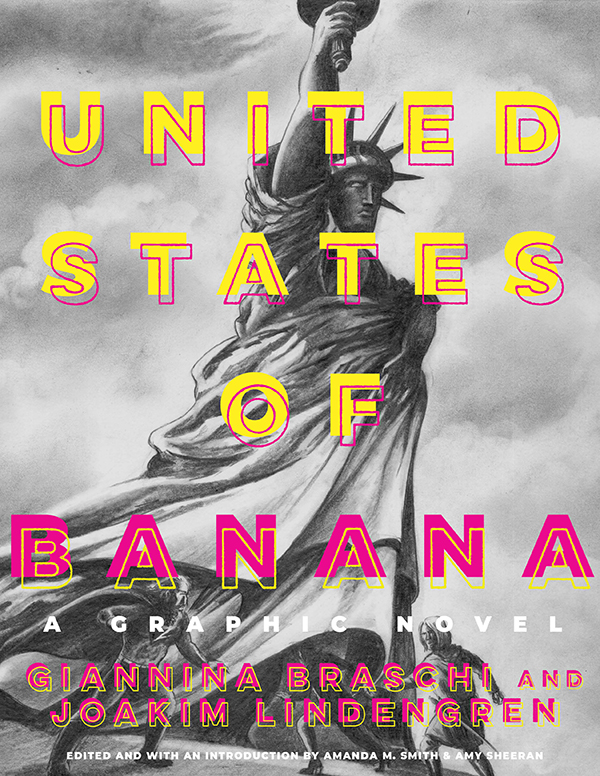American Graphic Narratives and Comic Storytelling: Call for Papers
PAMLA, Palm Springs CA – CFPs for Guaranteed Session on Comics and Graphic Narratives
Pacific Ancient and Modern Language Association
PAMLA 2024 Conference

The 2024 PAMLA Conference will be held in Palm Springs, CA from November 6-10. We invite abstract submissions to a guaranteed, standing session on comics and graphic narratives; abstracts can be submitted through the PAMLA conference website: https://pamla.ballastacademic.com/Home/S/19117
This session seeks proposals that explore comics and comics studies generally, and how comics and comics studies engage with the conference theme of “Translation in Action” more specifically. In particular, we are interested in drawing out two distinct resonances of thinking about translation, both literally and figuratively, in comics:
American Comic Narratives CFP
1. Transmedial Translations. How do comics narratives get translated from one medium to another? What do these translations say about the capaciousness of comics storytelling and the future of the form? We welcome proposals that examine transmediality, adaptation, and/or ekphrasis. Michael Nicoll Yahgulanaas’s works of Haida manga, for instance, have moved from the pages of a graphic novel to the walls of museums. Giannina Braschi’s postmodern pastiche novel United States of Banana has been adapted to graphic novel form in both Swedish and English editions. The fact that United States of Banana: A Graphic Novel was published by an academic press, Ohio State University Press’s Latinographix series, speaks to comics’ translations between popular and scholarly settings. Speaking of the popular, Marvel’s Miles Morales has swung his way through serialized comics, young adult graphic novels, animated films, and video games. These are just some of the numerous examples of how comics narratives move across different forms of media. We invite you to explore others that might contribute to critical conversations around comics’ transmedial translations.
2. Queer and Feminist Translations. How do gender and sexuality get translated through comics aesthetics? Many comics scholars have discussed the representational power of comics’ sequential form. In his 2019 PMLA article, “A Queer Sequence: Comics as a Disruptive Medium,” Ramzi Fawaz argues that “the extent to which comics allows for the production of spatially drawn analogies to real-world identities or experiences remains one of the most potent and understudied sites of inquiry into the formal politics of the medium” (592). We invite papers that further examine the potent possibilities of translating lived experiences of gender and sexuality through the comics’ panel and page. In particular, we are interested in proposals that are attuned to the intersecting aspects of these “real-world identities” and that put gender and sexuality in conversation with race, class, disability, language, and immigration status.
We look forward to receiving proposals that respond to one of these two threads as we explore the multiple meanings of “translation in action” in comics and graphic novels from a wide variety of aesthetic, linguistic, temporal, and geographic perspectives.
Feel free to email Nicole Dib (nicoledib@suu.edu) or Maite Urcaregui (maite.urcaregui@sjsu.edu) with any questions, and submit your abstracts at this link: https://pamla.ballastacademic.com/Home/S/19117
American Graphic Narratives: Links
- American Graphic Narratives on American Library Association
- Latinx and Hispanic American Graphic Storytelling, Robbins Library
- Queer Comic Storytelling
- Critical Insights, Salem Press: The American Comic Book
- Asian American Graphic Narratives: Beyond the Icon by Eleanor Ty, The Ohio State U Press
- Latinx Project Graphic Novel Review
